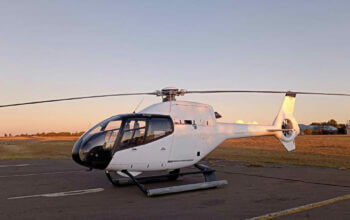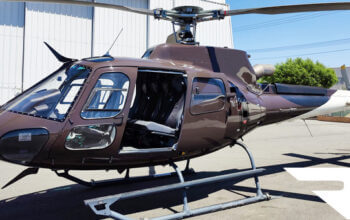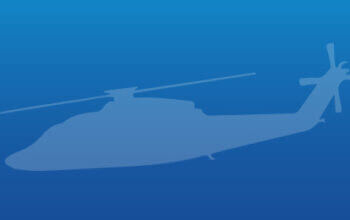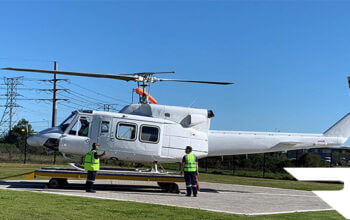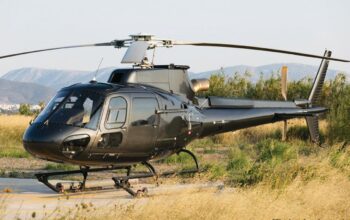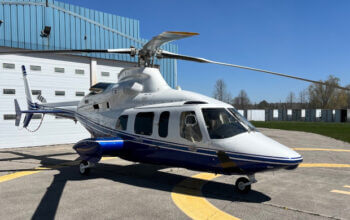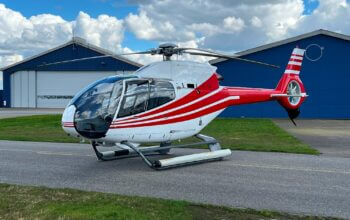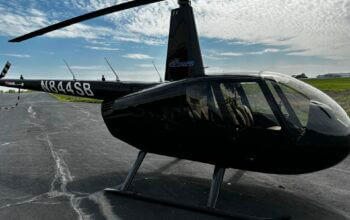Estimated reading time 6 minutes, 28 seconds.
SkyAlyne Canada, a limited partnership between CAE and KF Aerospace, has been identified as the preferred bidder to prepare future pilots and sensor operators for the Royal Canadian Air Force (RCAF), according to Public Services and Procurement Canada (PSPC).
The federal department announced the decision in a statement on July 24, marking a key milestone in the Future Aircrew Training (FAcT) program that has been winding its way through the procurement process since launching in 2013.
The SkyAlyne proposal was selected over an offering by a joint venture between Babcock Canada and Leonardo Canada.
“It is critical that current and future [RCAF] pilots have the most advanced training and equipment available to ensure they can deliver on the important work that we ask of them,” said Anita Anand, Minister of National Defence, in the statement.
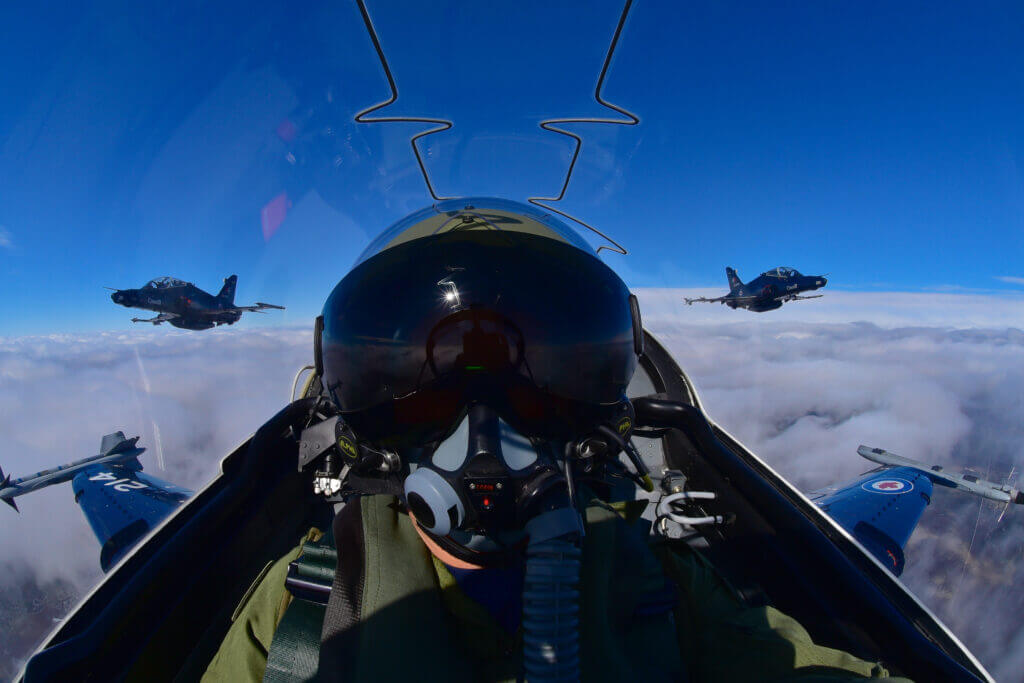
“This program will help ensure Canada can continue to defend North America, enhance our Arctic sovereignty, and meet our NATO and NORAD obligations in the face of current and emerging threats. Canadians can be confident that this competitive process will deliver the best results for our Canadian Armed Forces for decades to come.”
RCAF pilot training is currently provided in several phases through two maturing contracted programs, Contracted Flying Training and Support (CFTS) and NATO Flying Training in Canada (NFTC). The former is delivered by Allied Wings, a consortium led by KF Aerospace, from 3 CFFTS at Southport Aviation Centre in Portage La Prairie, Manitoba. The latter is supplied by CAE Military Aviation Training from 2 Canadian Forces Flying Training School (CFFTS) at 15 Wing Moose Jaw, Saskatchewan.
The CFTS agreement runs to 2027. According to PSPC’s statement, the NFTC contract expires in 2027, but could be extended to 2028 if an additional option year is exercised.
Under the new 20-year FAcT program, which includes pilot training, aircraft maintenance, and infrastructure services, SkyAlyne would also train air combat systems officers (ACSO) and airborne electronic sensor operators (AESOp). That specialized training is currently being done by the Air Force at 15 Wing and at 402 Squadron at 17 Wing Winnipeg.
While the government’s decision to move forward with the incumbent on aircrew training is perhaps not a surprise, it must still hammer out the program details with SkyAlyne before a contract can be awarded, likely in 2024.
“Canada will continue to work with [SkyAlyne], in addition to preparations for the transition process from the existing contracts to the FAcT program,” PSPC said. “During this time, [SkyAlyne] must remain compliant with the requirements of the solicitation process.”
The department has engaged a fairness monitor throughout the process and will continue to use one in “the upcoming discussions with [SkyAlyne],” PSPC stated.
The RCAF, National Defence, and PSPC have consulted broadly with industry since 2018. An invitation to qualify suppliers, issued in November 2018, attracted several potential training providers, including BAE Systems, Airbus Defence and Space, and Lockheed Martin Canada. BAE and Airbus both withdrew in 2019 and Lockheed Martin followed in December 2020.
Babcock Canada and Leonardo Canada, originally qualified as separate bidders, announced a joint venture in August 2021 to pursue the program.
Both bid teams were able to respond to a draft request for proposal (RFP), issued in December 2020. The final RFP was released in February 2022 and closed in January 2023.
“I’m proud to see such a strong partnership between the [RCAF] and our world-class aerospace and defense industries,” stated François-Philippe Champagne, Minister of Innovation, Science and Industry. “The Future Aircrew Training program will ensure that our forces receive the best possible training, showcase the expertise of leading Canadian firms, and provide high-value jobs and economic benefits in Canada.”
Until the Covid-19 pandemic curtailed recruiting, personnel intake, and training across the Canadian Armed Forces, the RCAF’s pilot training pipeline was producing between 100 to 115 pilots every year for multi-engine and rotary-wing fleets, as well as fighter aircraft. (After the initial phases of the current system, fighter pilots are streamed into a fighter lead-in training program.)
Under FAcT, the output will be closer to 120 pilots and around 40 ACSOs and 36 AESOps, depending on the demand in a given year, as the RCAF addresses pilot shortages and introduces new crewed and uncrewed aircraft fleets — many of which require sensor operators.
Critical to the program, the RCAF wants greater flexibility in its pilot training as well as the ability to capitalize on new teaching methodologies and emerging technologies that can be applied to a live, virtual and constructive training environment.
